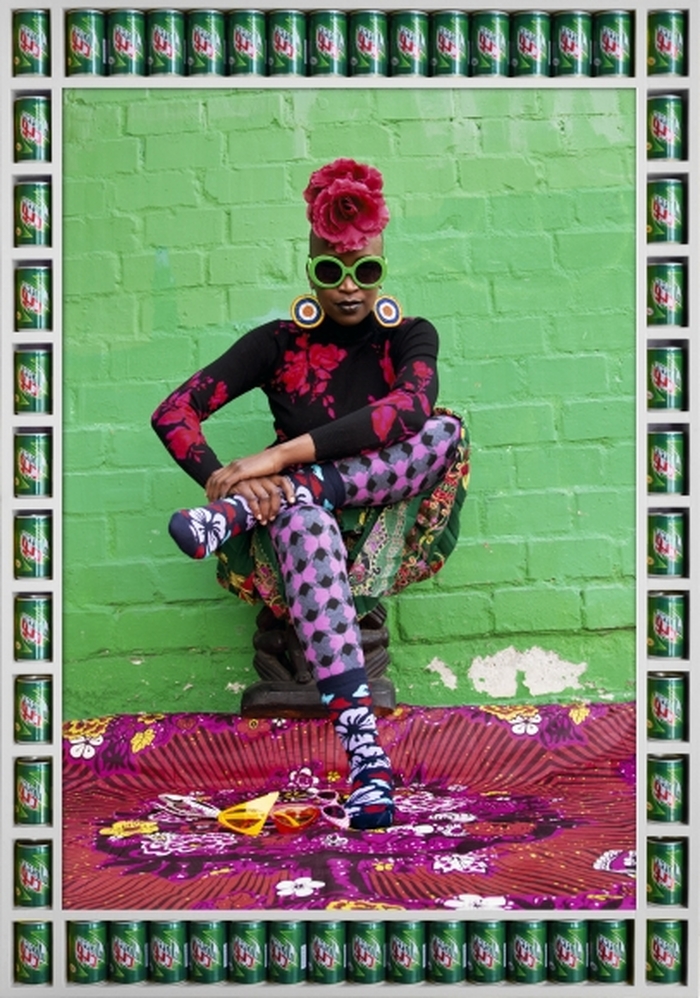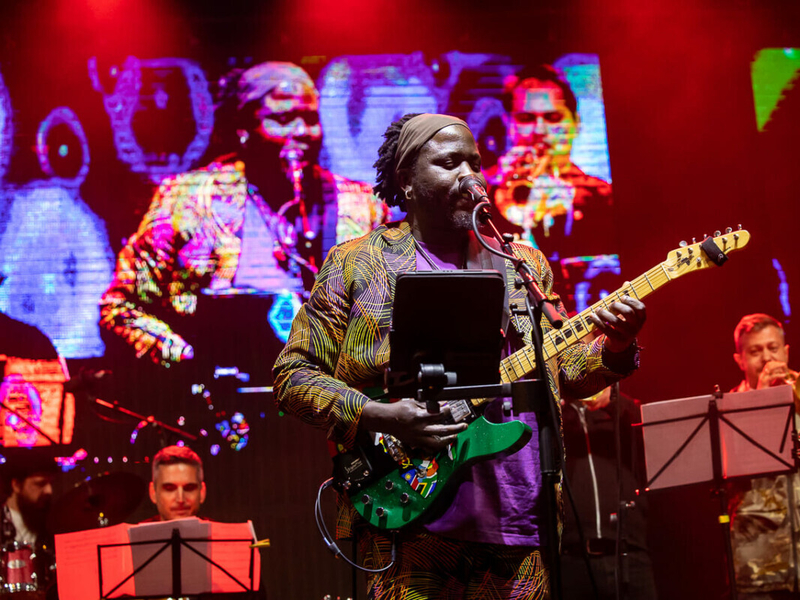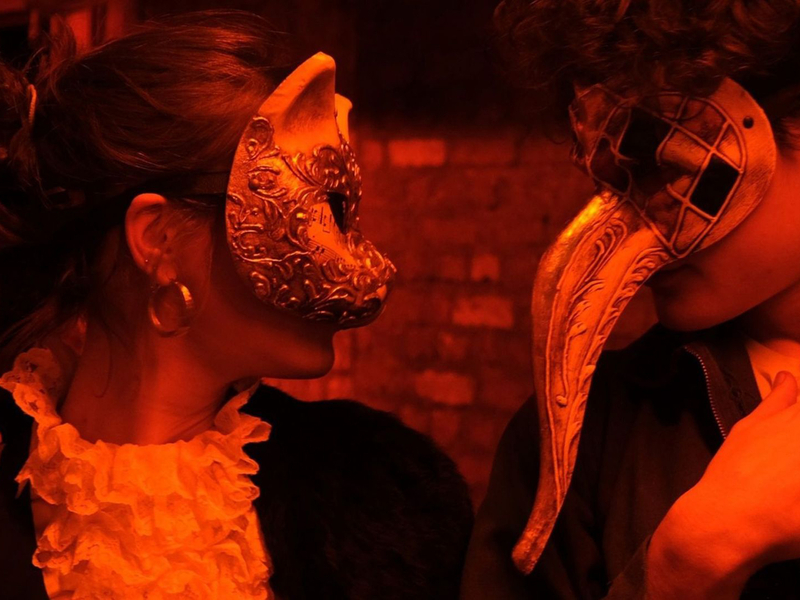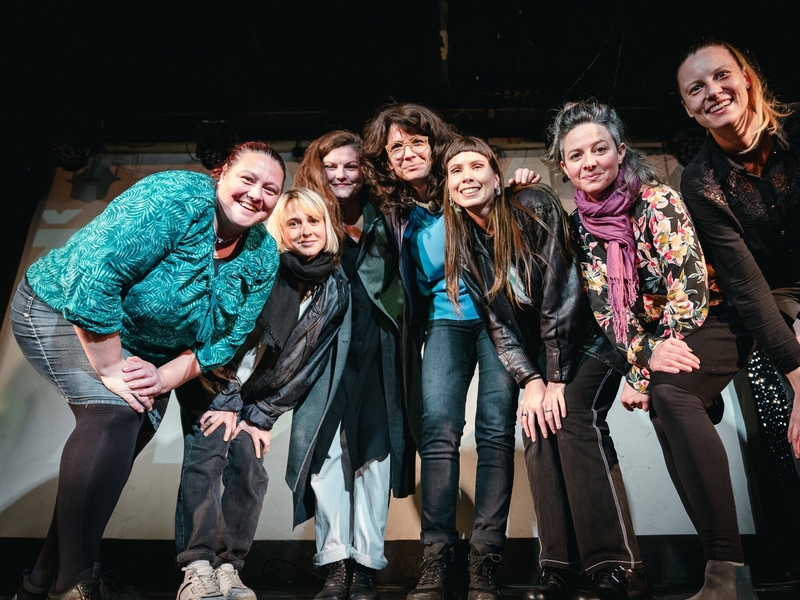Afropolitan BOZAR - EFFE Laureate
Simon Mundy interviews Ayoko Mensah, festival programmer Afropolitan.
February might not seem the obvious month to hold a weekend festival devoted to Africa in Brussels' largest arts centre – hard to generate the heat of the plains or the humidity of the equatorial coast when the audience are draped in scarves. Nonetheless, that is what BOZAR has been doing and the result is clearly a success.

Ayoko Mensah, a long-time cultural journalist who was editor of Africultures and has been managing the festival within BOZAR for the last three years, says it is aiming to be an innovating platform for African creativity. 'It goes back to the Visionary Africa exhibition held here in 2010. It had an important effect on how contemporary African cultures are seen. We want to reinforce these effects, to bring together the popular and intellectual artists and showcase their work.'
The programming is partly left in the hands of invited
practitioners. 'Of course we bring artists from Africa but there is a very
vibrant diaspora in or near Brussels and they very rarely meet, let alone
collaborate in a transdisciplinary way. Afropolitan responds to a real need
from both Africa and the diaspora in Europe – and from the various language
groups.'
'Here the artists love the concept. The three days we have now are too short – a week would be better but there's always the question of money.' For the selection of what to put on (music, fashion, literature, discussions and cinema but also performing arts that cross boundaries) Afropolitan looks each year to a different pair of African arts practitioners already operating in Brussels who are familiar to the diaspora audience. For the next edition the blank 'black cards' will be handed to Prezy (an Afro-Trap musician of Cameroonian origin) and Sulaiman Addonia (an Eritrean writer) to 'build on the theme of bridges'.
'In Europe,' Ayoko says, 'the classifications between the arts are more obvious than they are in Africa. There the only real difference was between sacred and secular. So the bridges between music, dance and theatre are easier to cross.' While there is a real intent to maintain the high quality and intellectual content of the festival she has found that reaching out to young people in Brussels through hip-hop and other popular genres is bringing an audience into BOZAR that would never usually cross its threshold.
Ayoko hopes too that Afropolitan can be used to help cities in Europe and in Africa come up with similar programmes. 'There is a clear need in Africa itself and some cities are beginning to take artistic leadership. I think something will happen and I hope we can show the way.'
Note from the EFFE International Jury
This is the most systematic and the most complex presentation of African art in Europe today. It connects Europe to Africa with a deep understanding of the artistic currents on that continent at a time when many of its countries are reflecting on over half a century of independence.
Photo credit: Wamuhu by © Hassan Hajjaj, 2014/1435, Courtesy of the Artist


